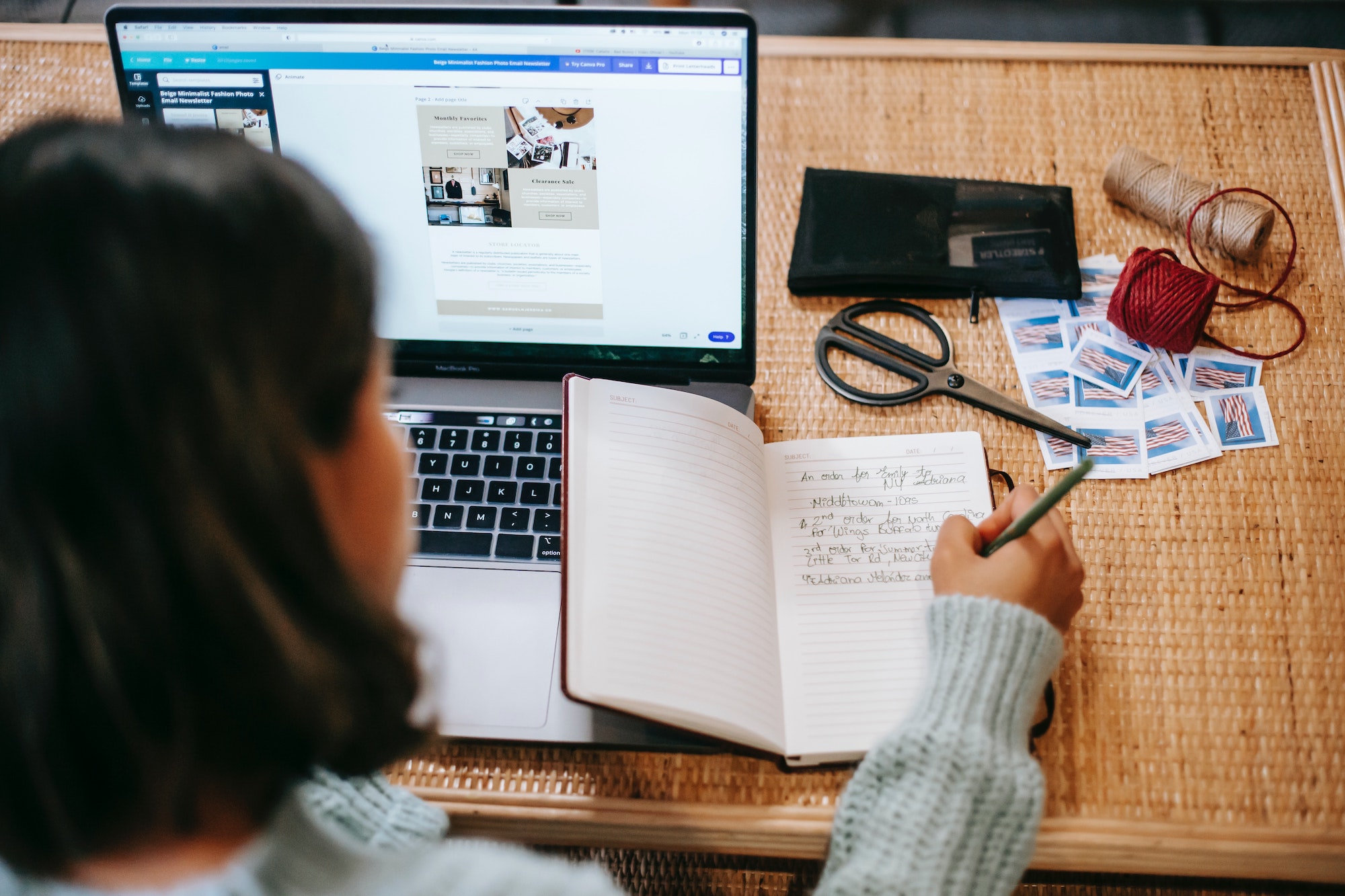7 Ways Freelance Creatives Can Deal With Mental Stress
We don’t talk about mental stress among freelance creatives enough. Freelance creatives go through a lot of mental stress to meet client demands, land new work, and stay on top of their game.
And not knowing how to deal with mental stress leads to exhaustion, burnout, brain fog, and mental fatigue. I’ve been down that road — I’ve struggled with mental stress as a freelance creative until I learned how to deal with it. Here’s seven easy, practical tips freelancer creatives can use for dealing with mental stress.
Take a nap
Medical studies have shown that napping is good for your brain. It’s a simple yet effective activity that can help freelance creatives deal with mental stress.
One amazing thing about napping is that it gives you clarity when you need it the most. As a creative whose mind is always at work, I’ve made it a routine to add naps to my daily to-do lists.
Napping is also advisable for night owls or freelancers who are more productive in the evening hours. Naps can also be a good way to catch up on sleep, especially if you’re a freelancer who is prone to working well into the night. With a quick, 10 to 20-minute nap, you’ll reduce mental stress, and lighten up your mood during the day.
Take the weekend off
I didn’t understand the importance of taking the weekend off for my mental health a few years into my freelance business. I saw the weekends as two extra work days for me to complete client work.
When I first started freelancing, I worked seven days a week until I had a mental breakdown. On my path to recovery, I learned how to manage my time, prioritize tasks, and set boundaries.
Prioritization and proper time management help me schedule and finish my work during workdays. And setting boundaries helps me put overly demanding clients in check.
My weekends are dedicated to self-care activities like relaxing, watching movies, swimming, reading novels and hanging out with friends.
Here are a few ways to help ensure you’re able to take weekends off:
- Set boundaries with your clients.
- Accept the realities of freelance works — it ebbs and flows. Have an abundance mindset.
- Pre-schedule weekend activities with family and friends.
- If you can, avoid your email.
- See rest as a way to overcome burnout.
Set realistic expectations for yourself, and clients
Setting unrealistic expectations for yourself and clients can trigger mental stress. Putting yourself under unnecessary pressure to meet up with unrealistic deadlines leads to burnout among freelancers.
Inform prospects and clients on what’s attainable and possible delivery dates to avoid putting your mental health on the line. Doing this helps you set healthy business standards for yourself and allows you to not become easily overwhelmed.
Let’s be realistic: If you’re a creative freelancer, this means you need time to come up with mind-blowing creative work. And to remain consistent in delivering excellent work to clients, your mental health has to be cared for.
Subcontract to other freelancers
If you’re ramped up with work, you can subcontract to trustworthy and efficient freelance creatives. You don’t have to turn down freelance gigs if you have efficient freelance creatives you can subcontract to. Subcontracting frees up your time, improves your mental state, and you still make profits.
The rule of subcontracting is to ensure that whoever you’re subcontracting to is reliable. Failing to do so, you’ll only compound your mental stress.
Make workout a habit
Exercise has been proven to reduce mental fatigue. Moving your body has a way of positively impacting your mind. When I started working out, I instantly felt the difference — I became lighter, faster, calmer, and more creative.
I started with 15 minutes workouts, and later graduated to 30 minutes. Fifteen minutes of exercise can seem short, but can greatly reduce mental stress, and boosts your creativity.
Inculcating workouts as a habit also helps you to stay physically fit, especially if you work from home — where freelancers often sit before screens for many hours.
The health implications of not moving your body, and sitting too long before the screen is far too dangerous for your mind and body.
Go out and appreciate nature
Being in front of the screen all day can have negative effects on your physical and mental health. But what can you do if your work involves long hours on the computer? Take a walk to a local garden, valley, park, or sit under a tree to listen to the birds.
Go smell some flowers, let your eyes feed on nature. It’s a way to give back to your mental health, which helps you eliminate mental stress. If you’re having a hard time figuring out a project, going outside your immediate environment gives you fresh perspectives.
Find yourself a community
Finding a community and making it part of my freelance support system is something I didn’t know I needed when I first started freelancing. Interacting with other like-minded creatives broadens your creative horizons, making you more creative. Plus, you’re also updated on freelance opportunities, gain access to resources, and the latest trends in your industry. I no longer go through my freelance struggles alone because I have a group of supportive creatives who are willing to listen, advise and support me.

 Sign Up
Sign Up